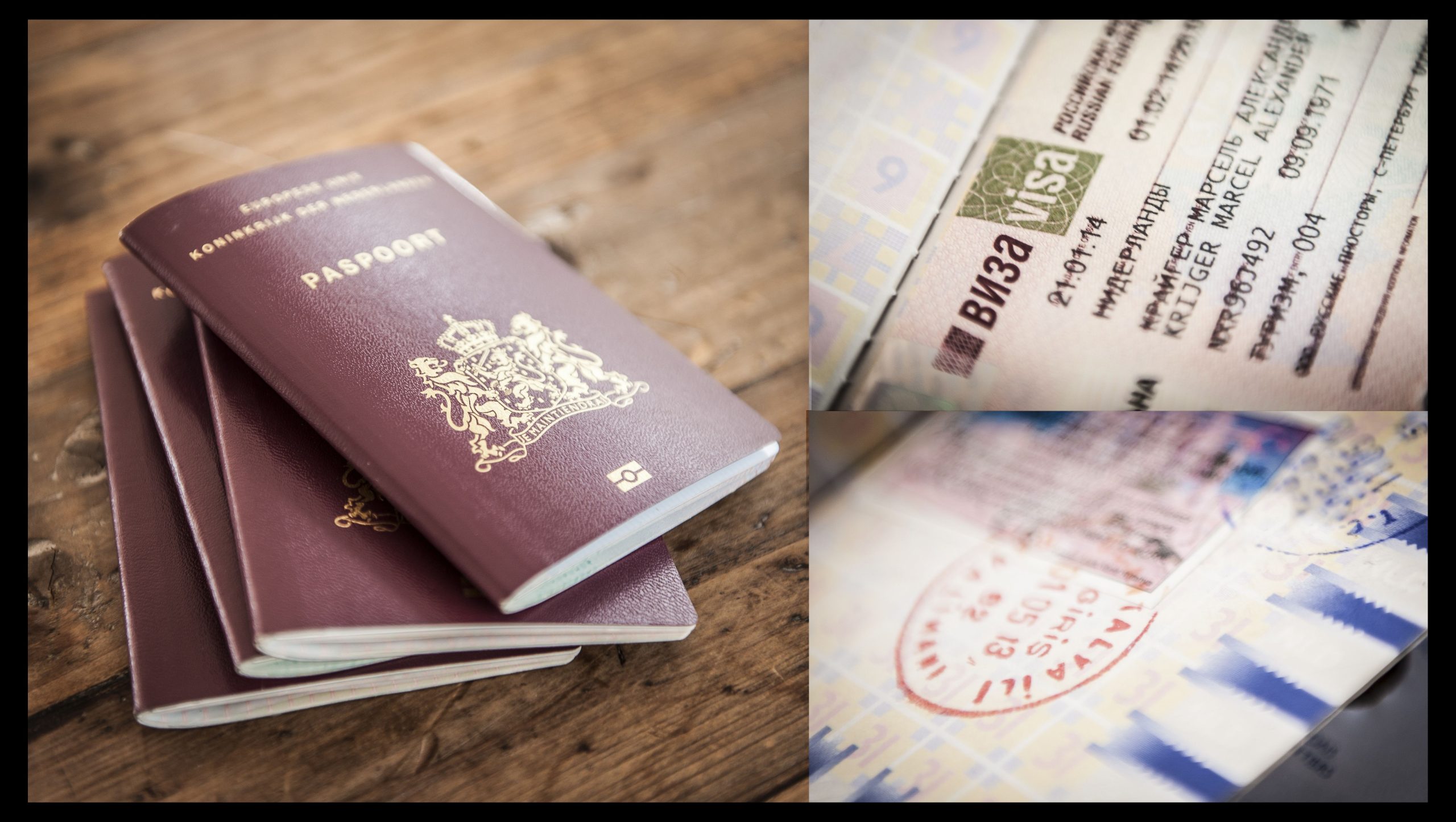What are your plans after graduation? The Dutch government wants to retain non-EU talent in the country. What, and how viable, are the visa options available to those students that wish to stay?
Orientation year for highly educated persons
Known as the search year visa and designed to allow graduates time to job hunt, new rules were introduced in 2016 to widen the scope of its use. You can apply if within the last three years you have graduated from a Dutch university or high-ranking (top 200) foreign university, or conducted scientific research in the Netherlands. It also applies to several other specific categories of graduate. It is valid for one year and will grant you free access to the labour market for the duration. You will need to show a certain level of understanding of the English or Dutch language. It costs €622. After one year you will need to apply for a new orientation visa on new grounds, or a different type of visa such as the highly skilled migrant visa, if you wish to stay.
Highly skilled migrant visa
Once you’ve found work, this is the visa your employer is likely to apply for on your behalf. There are minimum gross monthly salary require¬ments, excluding holiday allowances: €4,240 for over 30’s, €3,108 for under 30’s, and interestingly just €2,228 if coming from an orientation year. Costs €881.
Scientific researcher visa
PhD students and guest researchers are eligible, but only recognised in¬stitutions can apply. The visa provides a work permit waiver for you and your partner. Costs €311.
Working as an employee
You may find an employer that will take you on as a labour migrant, if no other option is available to you. You must earn a competitive income, and your employer needs to prove a Dutch or EU national wasn’t availa¬ble to do the job, which can be difficult. Costs €881.
Working on a self-employed basis
You can apply for an entrepreneurial residence permit if your business serves an essential Dutch interest, which is assessed on a points based system. Costs €1,296 plus accountancy fees for verifying your finances. Typically, there’s a low success rate for getting this visa. Gaurav Genani, TU Delft graduate and founder of Skel-Ex, said, “Few internationals were doing it before, but there are more now thanks to incubators like YES!Delft. It took about a month to prepare the application for the IND. The business plan is the most important thing, treat the IND like an investor, the document is crucial. I was trained at YES!Delft so I had help, advice and a letter from them supporting my application.” It’s not a quick process, as it took Genani nine months from start to finish.
Innovative start-up visa
This is a relatively new permit valid for one year. Only possible under the guidance of an experienced facilitator, of which there are only a handful, it’s competitive. Finn Hansen, founder of Med Canvas, was the first recip¬ient on March 4, 2015. “This visa was designed as a stepping stone to the self-employed visa, it has less strict criteria and is less elaborate. The process was relatively straightforward,” he said. “I believe 12 months gives you ample chance to build your business and get it to a stage where you can meet the requirements for the self-employed visa,” he added. Costs €311, plus a further €389 upon expiration to extend to a self-employed visa.



Comments are closed.